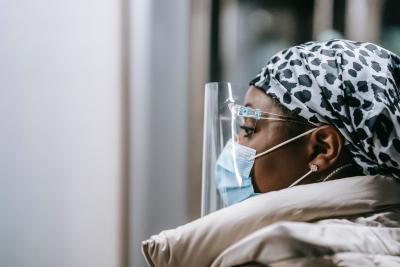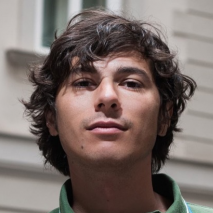


Science & Diplomacy is a journal published by the Center for Science Diplomacy of the American Association for the Advancement of Science (AAAS). In January 2021 it published a special issue that includes Connecting the Dots: The Role of African National Academies of Science in Informing the COVID-19 Response.
As the year 2020 was still in its infancy, science came under the spotlight as the world began to grapple with COVID-19. The disease was new, social media was awash with fake news, and finger pointing was rampant. With the World Health Organization (WHO) at the forefront of monitoring the disease, the Director-General declared on March 11 that COVID-19 was a pandemic. The normal that the world was used to, which can be likened to a vehicle moving on cruise control mode, was just about to be turned on its head. COVID-19 dared science. The incorporation of scientific advice1 into policymaking and scientific collaboration across national borders were not optional but necessary. Using various structures, science had to present the known and the unknown.
In Africa, one of these structures was the academy of science and its role in providing credible, independent, and evidence-based scientific advice came into sharp focus. Academies of science possess a unique strength that stems from the disciplinary diversity of their distinguished Fellows, scientists who have been recognized nationally and internationally for scientific contributions to their respective disciplines, as well as their involvement in science advice and science diplomacy
reads the article (you can read the whole article here).
About the Authors
Phyllis Kalele is the head of the African Collaboration sub-programme at the Academy of Science of South Africa (ASSAf), and the Africa regional coordinator for Gender in Science Innovation Technology and Engineering (GenderInSITE), an international initiative that promotes the role of women in science, innovation, technology, and engineering.
Stanley Maphosa is the International and National Liaison Manager of ASSAf; the Regional Coordinator of The World Academy of Science’s sub-Saharan Africa Regional Partner; and leads ASSAf’s Strategic Partnerships, Member Liaison, Transformation, Overseas Collaborations, African Collaborations, Gender in Science, Technology, and Innovation as well as Young Scientist Liaison.
Do not miss news and updates on the activities, opportunities and events of The InterAcademy Partnership (IAP), its regional networks, member academies and other partner organisations: subscribe to our quarterly newsletter, and follow us on Twitter, LinkedIn, and Youtube.
